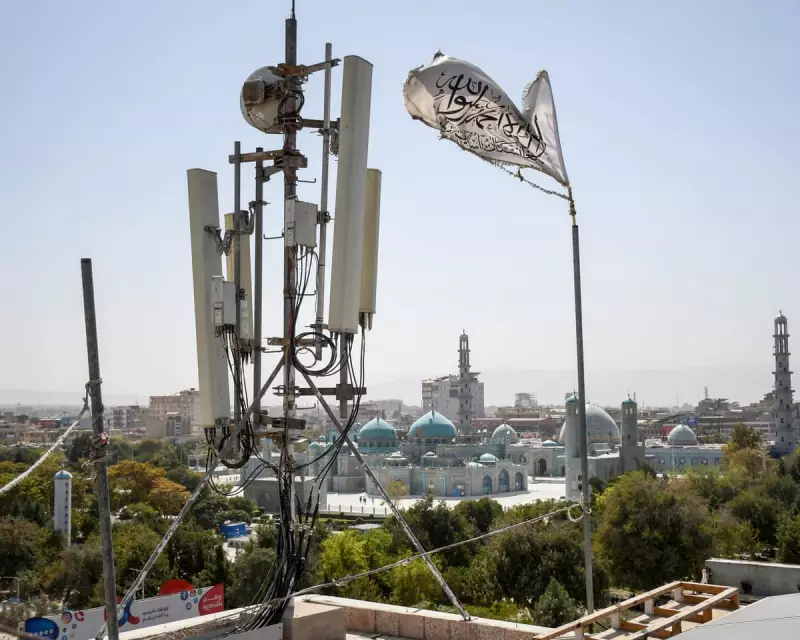
Afghanistan has been thrust into complete digital isolation after the Taliban regime executed a nationwide internet blackout, cutting off approximately 40 million citizens from global communications and plunging the country into information darkness.
Total Communications Collapse
The shutdown, described by digital rights organisations as one of the most comprehensive in modern history, has severed Afghanistan's primary connection to the global internet. Telecommunications companies received abrupt orders to terminate services, leaving businesses, hospitals, and ordinary citizens unable to communicate beyond the country's borders.
"This represents a catastrophic step in the Taliban's systematic erosion of digital freedoms," explained Dr Anya Petrov, senior researcher at the Digital Freedom Watch. "They're not just controlling information anymore - they're eliminating it entirely."
Economic and Humanitarian Catastrophe
The economic consequences are already proving devastating:
- International money transfers and banking services have ground to a halt
- Businesses reliant on digital connectivity face complete collapse
- Vital humanitarian aid coordination has been severely disrupted
- Families separated by borders have lost their only means of communication
Local shopkeeper Ahmad Zia described the situation as "worse than the darkest days of war. At least then we could call our families abroad. Now we are completely alone."
Systematic Digital Strangulation
This complete blackout follows months of escalating internet restrictions under Taliban rule. Previous measures included:
- Widespread social media platform bans
- Targeted regional shutdowns during protests
- Increasing censorship of independent news outlets
- Surveillance of digital communications
International condemnation has been swift but largely ineffective, with world leaders describing the move as "a brutal assault on human rights" and "an attempt to hide their actions from the world's view."
What Comes Next?
Digital rights advocates warn that prolonged isolation could have irreversible consequences for Afghanistan's development and the wellbeing of its citizens. The blackout not only silences dissent but also prevents documentation of human rights abuses and hampers emergency response capabilities.
As the digital curtain falls on Afghanistan, the international community faces urgent questions about how to respond to this unprecedented communications crisis.





